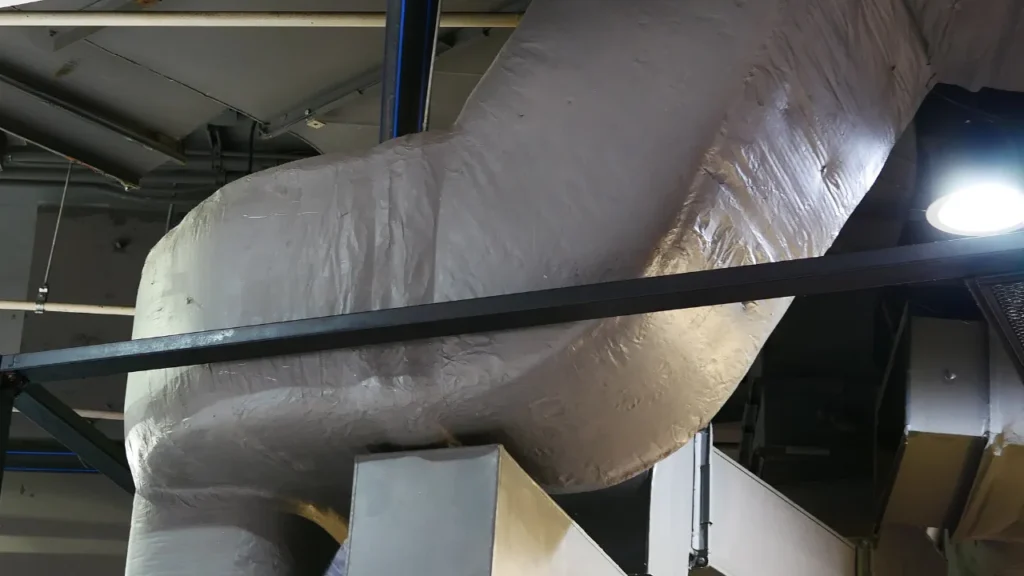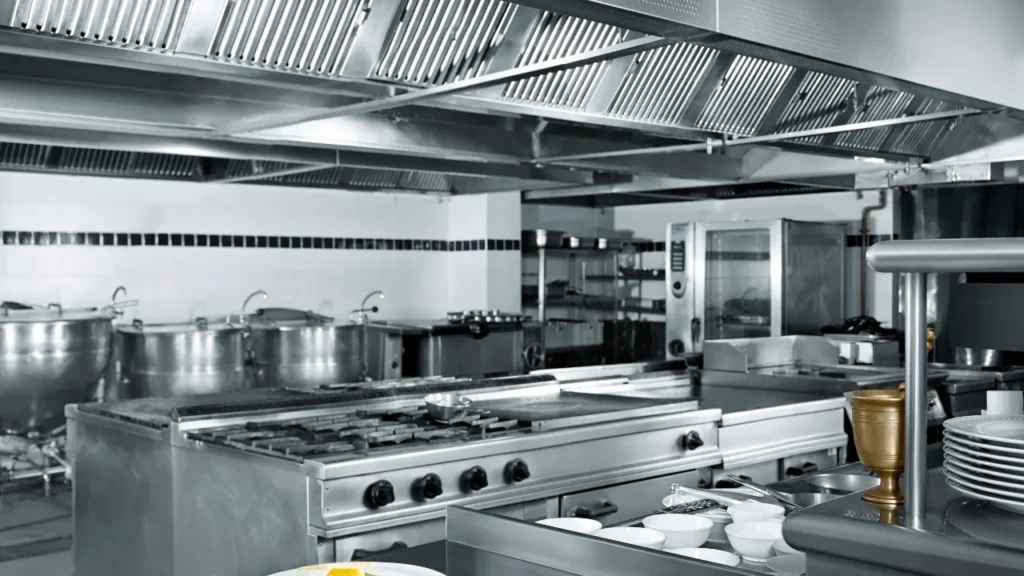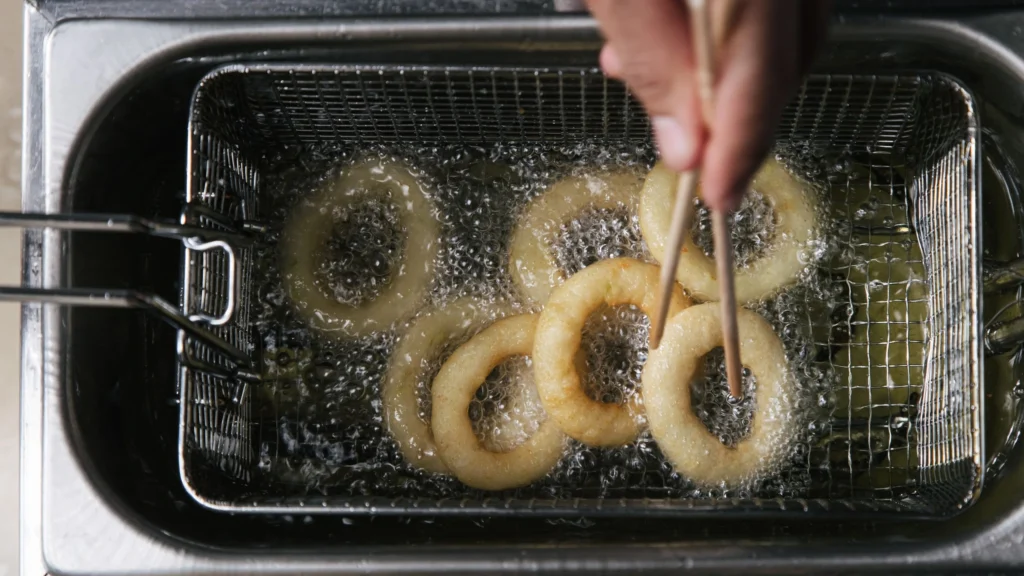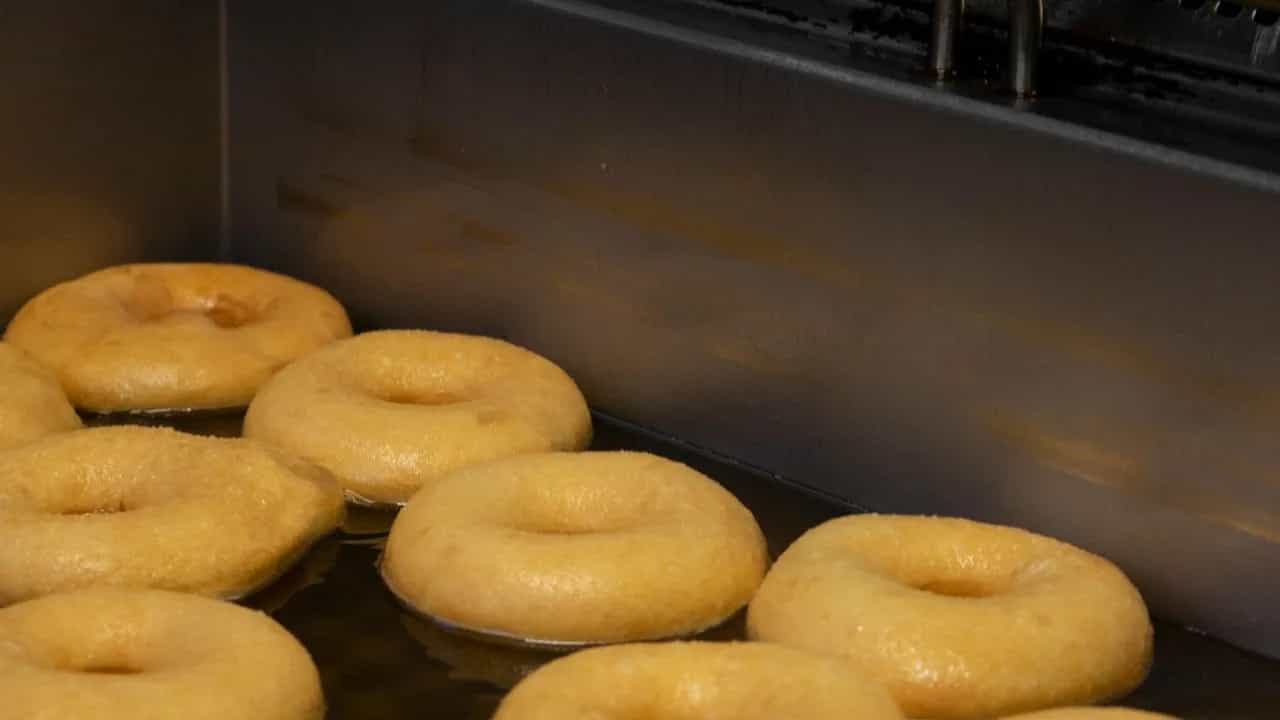As a professional chef, I understand the importance of grease containment systems in the operation of a kitchen as a culinary expert. There are far more reasons than just regulations to practice proper grease management because it is essential for the overall functioning of the kitchen, the prevention of fires, and the maintenance of food safety standards.
Exploring Grease Containment Essentials
It is essential to manage grease properly in every commercially oriented kitchen. All chefs need well-designed systems that help avoid fires and equipment damage. The regular service of grease traps and the use of containment devices helps in the production of a safer and more efficient kitchen.
Prevention is more effective than compliance because it gives a sense of security. This is because regular checks and maintenance will guarantee that there is continuity in business operations, thus preventing avoidable accidents in the kitchen. These measures allow chefs to concentrate on their forte, which is producing culinary masterpieces.
Hood Grease Cups: How They Help in the Kitchen
Hood grease cups are one of the most underappreciated tools when it comes to running a clean and safe kitchen. These devices are very effective at collecting grease and, in the process, help to prevent fires and decrease workplace burdens through their simplicity. It is important to regularly clean and empty grease cups to help meet high standards of cleanliness that are necessary in fast-paced restaurants.
As a chef, I always try to use those tools that are easy to maintain without affecting the level of safety in any way. Hood grease cups are very important in ensuring that the kitchen is in compliance with the required regulations and at the same time the kitchen is in good order. No matter whether it is a small café or a large dining hall, using these tools is beneficial for both efficiency and safety.
A Guide to Selecting the Right Exhaust Hood Catcher

Selecting the right exhaust hood catcher is not an easy task. It is about getting a solution that suits the layout of your kitchen, the amount of grease produced, and the requirements of your kitchen. This is because a poorly fitted catcher may lead to wastage of time and even cause the system to break down, thus the need to take it seriously.
For instance, kitchens with high output can produce a lot of grease and therefore need bigger and stronger catchers. However, there may be limitations on space, which means that it is necessary to take exact measurements and plan ahead. The correct catcher will improve safety, performance, and compliance without the need for adjustments.
Tips For the Maintenance of Your Vent Hood Grease Trap
Grease trap maintenance is one of those routine tasks that, although easy to overlook, is very important for kitchen safety and efficiency. This helps in the prevention of blockages, increases the life of the system and also reduces the risk of fires.
I make it a point to regularly check seals, clean the mess and also document the service time in my kitchen. I also practice frequent cleaning of the vent hood grease trap to ensure that my team can work in a safe and clean environment. It may not be the most exciting task, but it is crucial.
Consideration on How to Install Range Hood Traps

When installing a range hood trap one must follow the manufacturer’s instructions to the letter. It is important that the filter be placed immediately over the cooktop, the filter should be securely attached and the ductwork should be tightly sealed to the range hood. If the trap was not installed correctly, then it will decrease the flow of air and can be a safety hazard.
It is always advised to install range hood traps in areas that are easily accessible to make cleaning and maintenance easier. This way, you will be able to achieve a high level of comfort and convenience during the use and servicing of your kitchen’s grease management system.
Ways to Enhance the Performance in Grease Management Systems

This paper views efficiency in grease management as beyond compliance with regulations to include risk reduction, cost reduction, and process improvement. Efficiently designed containment systems are cost effective, trouble avoided, and they are a time saver; this is because they are checked up on a regular basis.
Chefs will appreciate the following benefits of the product: Reduced accidents, less downtime, a more effective kitchen. Advanced grease containment solutions are a wise investment for safety and efficiency that will benefit the kitchen in the long run and give chefs peace of mind.
New Developments in Commercial Kitchen Safety Devices

Technology has revolutionized in the production of kitchen safety devices. The new technologies include sensitive grease detection tools and automated fire prevention systems that have enhanced safety and efficiency in kitchens. However, there is a need to continue with manual checks in order to maintain vigilance and accountability.
In my kitchen, I combine new technology with time-tested guidelines to create a strong protection system. These new tools enable me to detect grease accumulation at an early stage, thus helping me to prevent accidents and focus on providing quality culinary services.
Take Control of Your Kitchen’s Safety and Efficiency
As a chef, I realize the importance of grease containment in operating a kitchen. If you are interested in increasing safety, decreasing costs, and enhancing efficiency, then it is time to learn more about Frylow. Start by asking for a free cost savings estimate and how Frylow can help change your kitchen today.
References
https://utahhoodcleaning.com/essential-grease-containment-solutions-every-restaurant-needs
https://blog.hoodfilters.com/2015/08/14/exhaust-hood-accessories-grease-cups/
https://www.guardiandallas.com/blog/kitchen-hood-filters-everything-you-need-to-know/
https://www.bncleaning.com/blog/2023/july/grease-management-101-why-commercial-kitchens-ne








